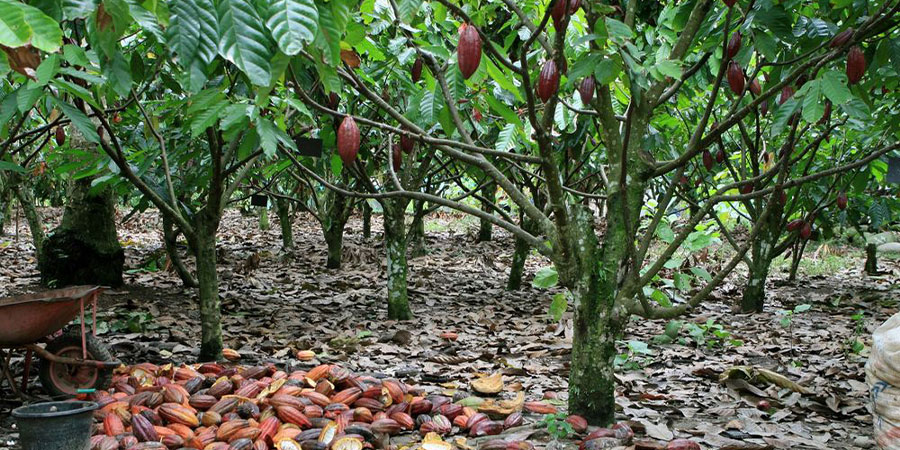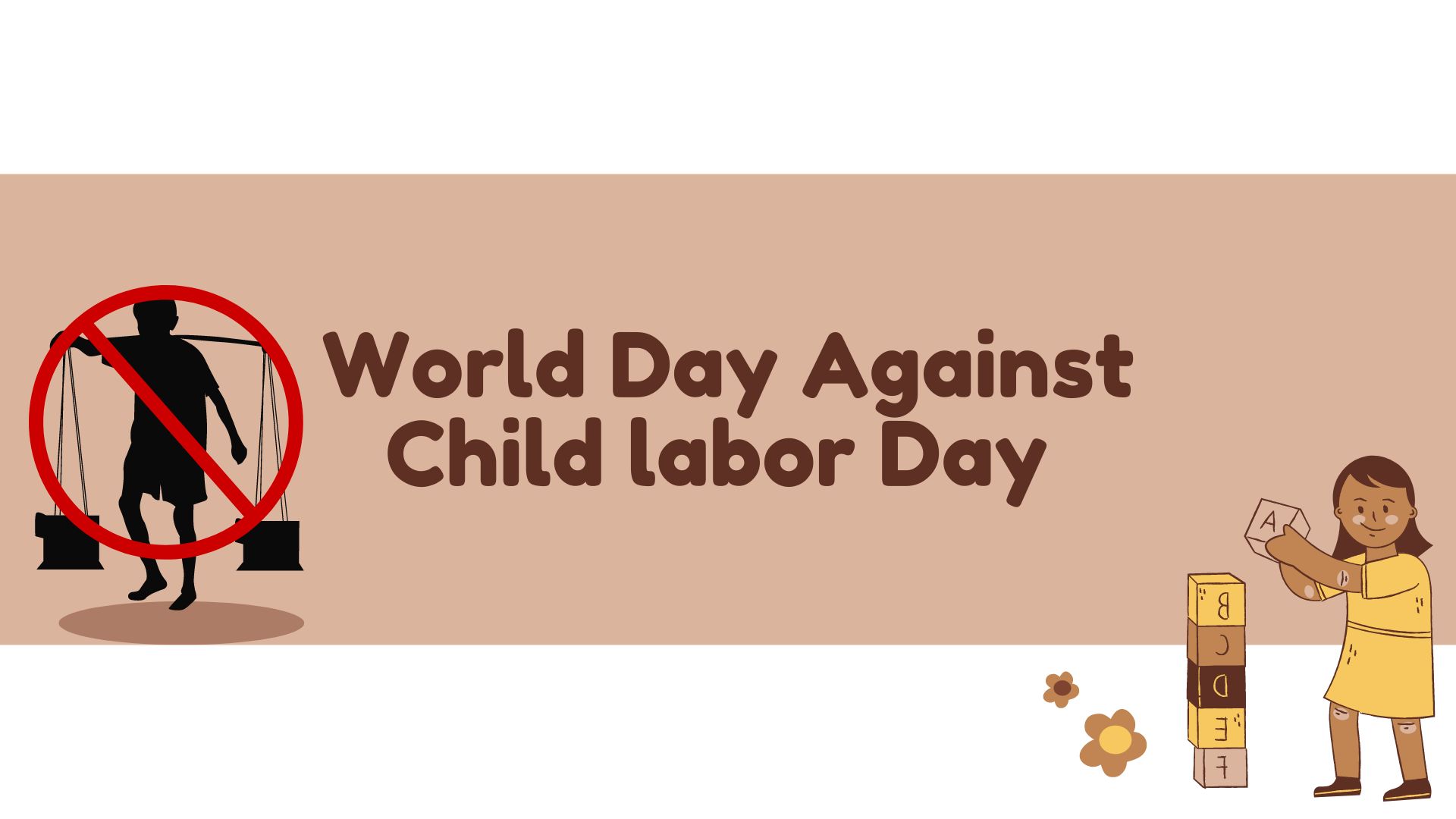Twenty years ago, eight leading chocolate companies signed the Harkin- Engel protocol as a pledge to eliminate forced child on cocoa farms in West Africa.
Entering into this voluntary agreement to prevent legislation requiring a certification of child-labour free chocolate, the companies began working together on an issue that had been brought into the public domain by the BBC in 2000 and followed up in numerous articles on working conditions in the farms producing the key ingredient for one of the world’s favourite foods.
By 2001, this was a high profile, high-risk issue for the cocoa and chocolate sector. It changed the companies’ view on the sustainability of their sector and the nature of their investments in pre-competitive collaborative activity. Until that time, much more effort had been directed to the loss of the cocoa crop to pests and diseases, which they took forward through the research arm of their industry association, the International Cocoa Research and Education Foundation, which became the World Cocoa Foundation (WCF) in 2000. In the past twenty years, through both pre-competitive collaboration in WCF and other industry-wide initiatives, and individually, cocoa and chocolate companies have invested hundreds of millions of dollars to mitigate an array of risks to the sector’s stability and reputation, including gender inequality, poverty and deforestation. Other industries have responded in similar ways, as they shift from thinking that sustainability is a production issue to seeing it as an issue of human development and environmental protection.
Media exposure and the subsequent threat of legislation woke up the cocoa industry to irresponsible practices in their supply chains. Another driver of change has been campaigning by non-profit organizations, bringing issues to the attention of companies, the public and their clients. In 2013, when Oxfam published the first report of its Behind the Brands campaign, it highlighted gender inequality as a major issue in the cocoa sector1. Within months, two of the major brand companies, Mars, Incorporated and Mondelēz, announced gender initiatives.
International agreements have been a further important influence on the evolving sustainability strategies of companies. The 2015 Sustainable Development Goals (SDGs), which identified the private sector as a key partner in the planet’s progress towards them, triggered a widespread response in companies developing their sustainability strategies with reference to the SDGs and referencing how their work contributed to them in their annual reports.
So now, as climate change has moved into the centre stage of global concern, companies have joined with governments in pledging their commitments to achieving net zero greenhouse gas emissions over the coming generation. The introduction, also in 2015, of the Science Based Targets initiative (SBTi)2 has provided a validation system for companies to set their strategies based on good science. The SBTi requires companies to set targets for emissions reductions not only from their own operations- such as the factory (referred to as Scope 1 emissions) – but also from the energy they purchase for those operations (Scope 2) and from their supply chains (Scope 3)3.
Many companies had already been buying carbon offsets in the market to compensate for the emissions from their processing and manufacturing facilities. The SBTi requires companies to achieve their emissions reductions through mitigation in their business operations (known as insetting), as opposed to investing in a project that is completely unrelated to them (offsetting). This is helping to drive improvements on farms, such as increasing tree cover or reducing agrochemical use.
As with many of their initiatives over the previous two decades, companies are linking up with civil society and specialist consulting organizations to develop and implement their net zero emissions strategies. Alongside the evolution of the companies’ vision for sustainability, there has been a huge growth of tools, technologies and methodologies to address sustainability risks and of organizations pioneering and developing them. Business and civil society are now partners in multi-stakeholder efforts to achieve a sustainable planet. It’s a big shift from a focus on the insects eating the cocoa pods.
1Equality for Women starts with chocolate. Oxfam media briefing 26th February, 2013
2https://sciencebasedtargets.org
3Greenhouse Gas Protocol. 2011. Corporate Value Chain (Scope 3) Accounting and Reporting Standard













































































































